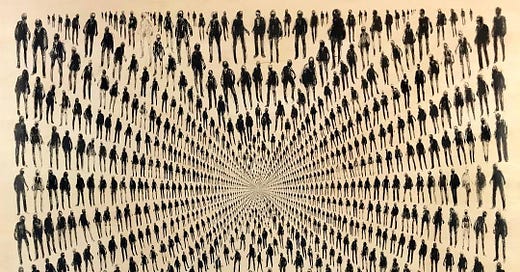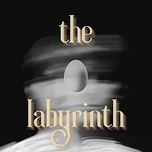I’ve been working on an essay that uses the recent Jay Shetty controversy as a lens to explore deeper themes around individuality and how capitalism shapes our sense of self. The controversy isn’t surprising in a system designed to commodify every aspect of our lives. I argue that the more individualized we become, the more society pushes us to deconstruct ourselves in pursuit of consumption. This cycle creates a fragmented sense of identity, marketed as self-exploration and empowerment, but ultimately designed to sell us more.
More, more, more….hoooooray!
Self-help has evolved into a massive industry driven by figures like Jordan Peterson, Tony Robbins, and Jay Shetty (to name a few of the endless names I could have named), capitalizing on our desire to "fix" ourselves.
But what if this endless focus on the individual is distracting us from the collective issues we face? Deleuze and Guattari's idea of capitalism as schizophrenic—constantly reshaping our desires to fit market demands—plays a key role here. As we consume to define ourselves, we become more atomized and isolated, convinced that self-consumption is the path to maintaining our identity.
I also touch on how hyper-individualization connects to media distrust in the digital age.
As we build personalized realities through fragmented information, we lose a shared sense of truth, deepening social divisions. Ultimately, I hope to explore how this obsession with self-identity not only drives consumerism but keeps us from addressing the broader systemic forces that benefit from our division.
Stay tuned for more on this topic as I made this episode because my other essay was getting off track around a related topic.













Share this post